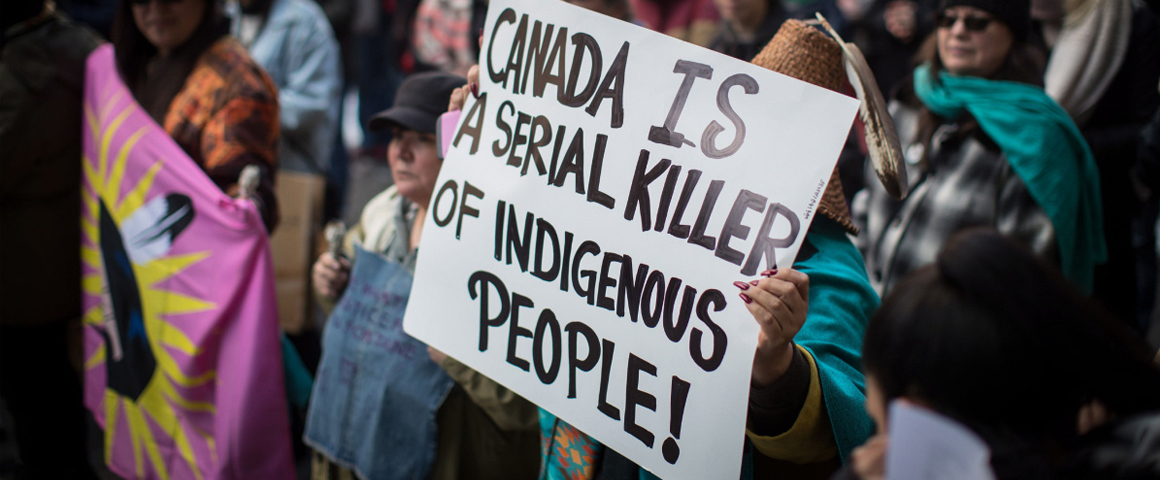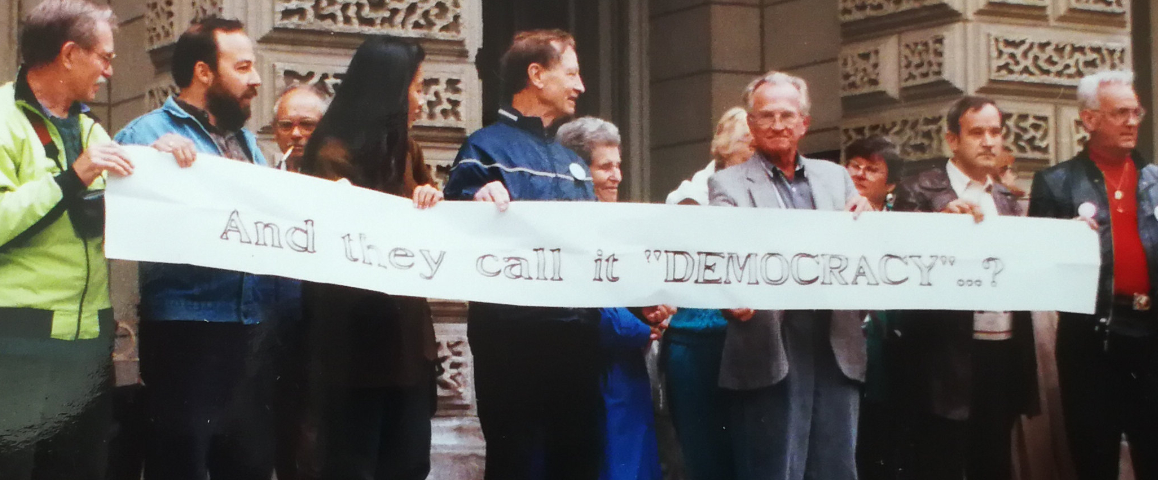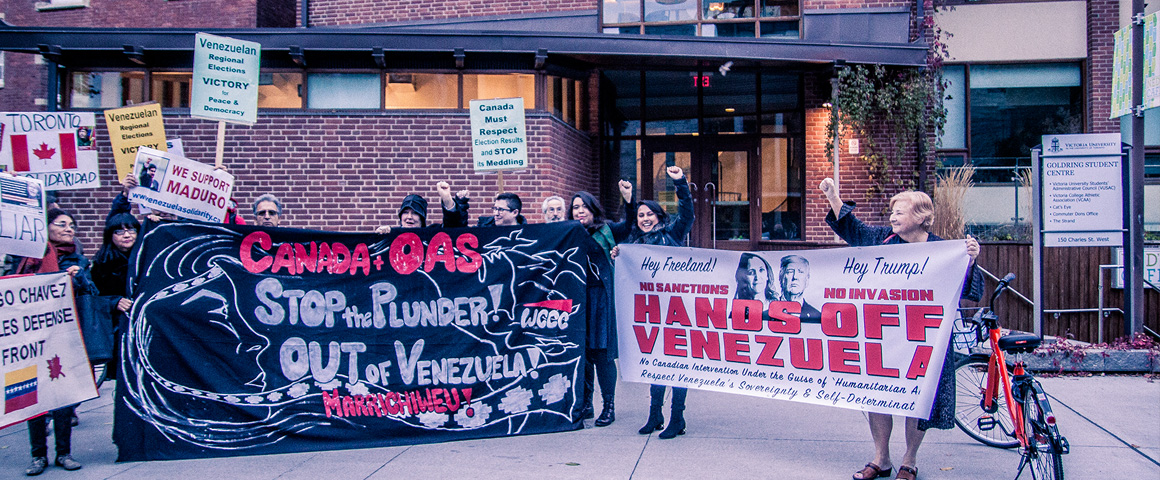Proposals for symbolic actions can often have a double-sided character. As part of the struggle for the shorter working day, the labour movement has often organized to win more paid days off. Labour Day is a statutory paid holiday in North America, giving millions of workers time to relax with families and friends. But on another level, Labour Day was also a strategy by the employers and some right-wing union leaders to derail celebrations of May First, the day of the international working class.
Now, the federal Liberals have proposed a National Day for Truth and Reconciliation, to honour the survivors of Indian Residential schools, perhaps on the current National Indigenous Peoples Day (June 21, which is not a statutory holiday) or “Orange Shirt Day” (Sept. 30). One of the Truth and Reconciliation Commission’s recommendations (number 80) was to declare such a day.
Unfortunately, PM Trudeau’s shining rhetoric does not match the content of his government’s actions. For one thing, such a date (at least at this point) would only cover employees under federal jurisdiction. For the large majority under provincial jurisdiction, it would be “business as usual”, not a true statutory holiday. Perhaps more important, we have to ask: why take action on this particular recommendation, when many crucial issues raised by the TRC remain barely touched? An estimated 100 Indigenous reserves and communities still lack clean drinking water, the National Inquiry into Murdered and Missing Indigenous Women and Girls remains bogged down, Indigenous people are still heavily over-represented in the prison system, and the PM’s promises about full consultation before approval of resource industry projects have been forgotten.
Surely a government truly committed to justice for Indigenous peoples would make these issues a top priority. Until then, a National Day for Truth and Reconciliation could better serve as a reminder of unkept Liberal promises.




